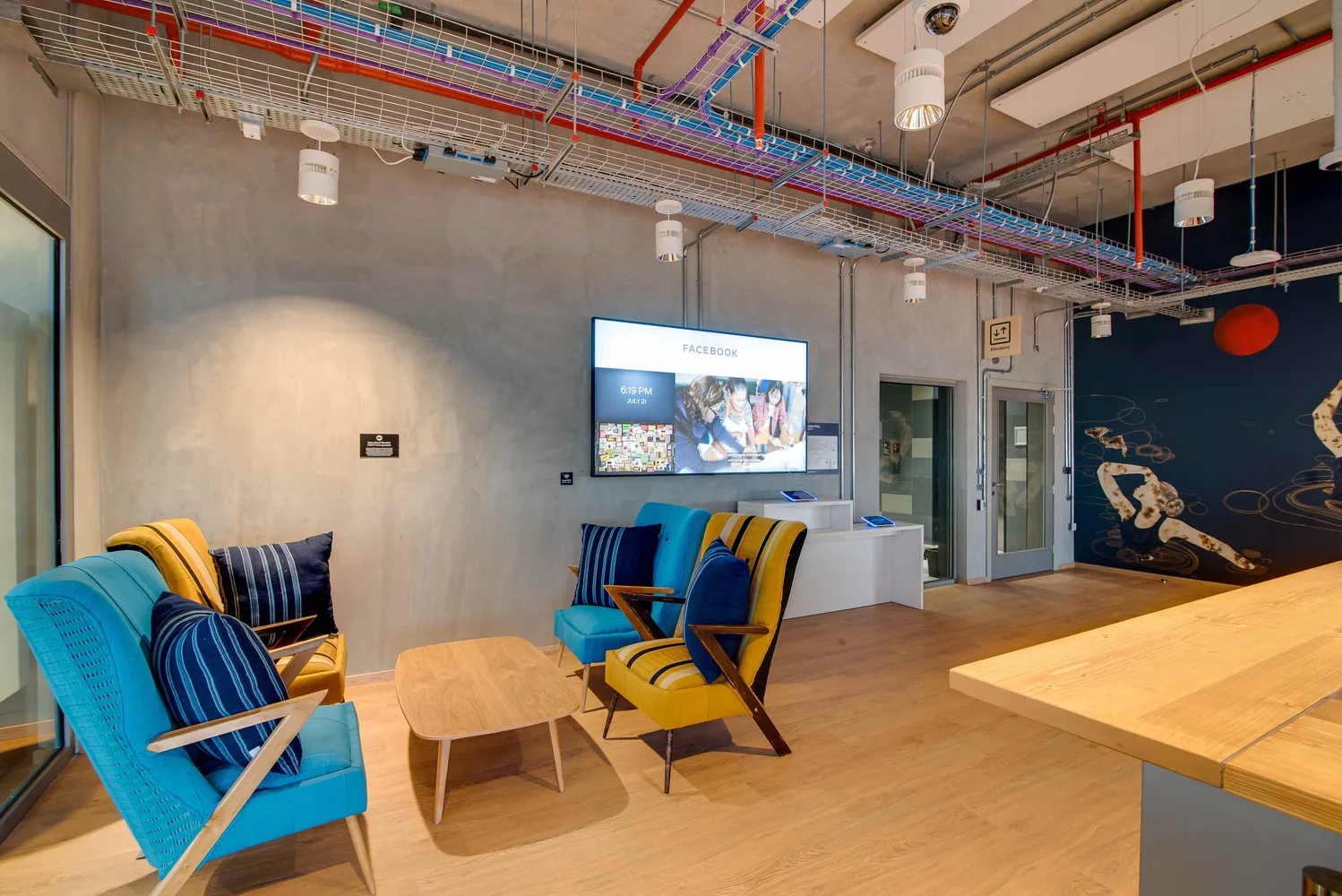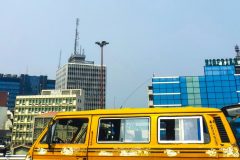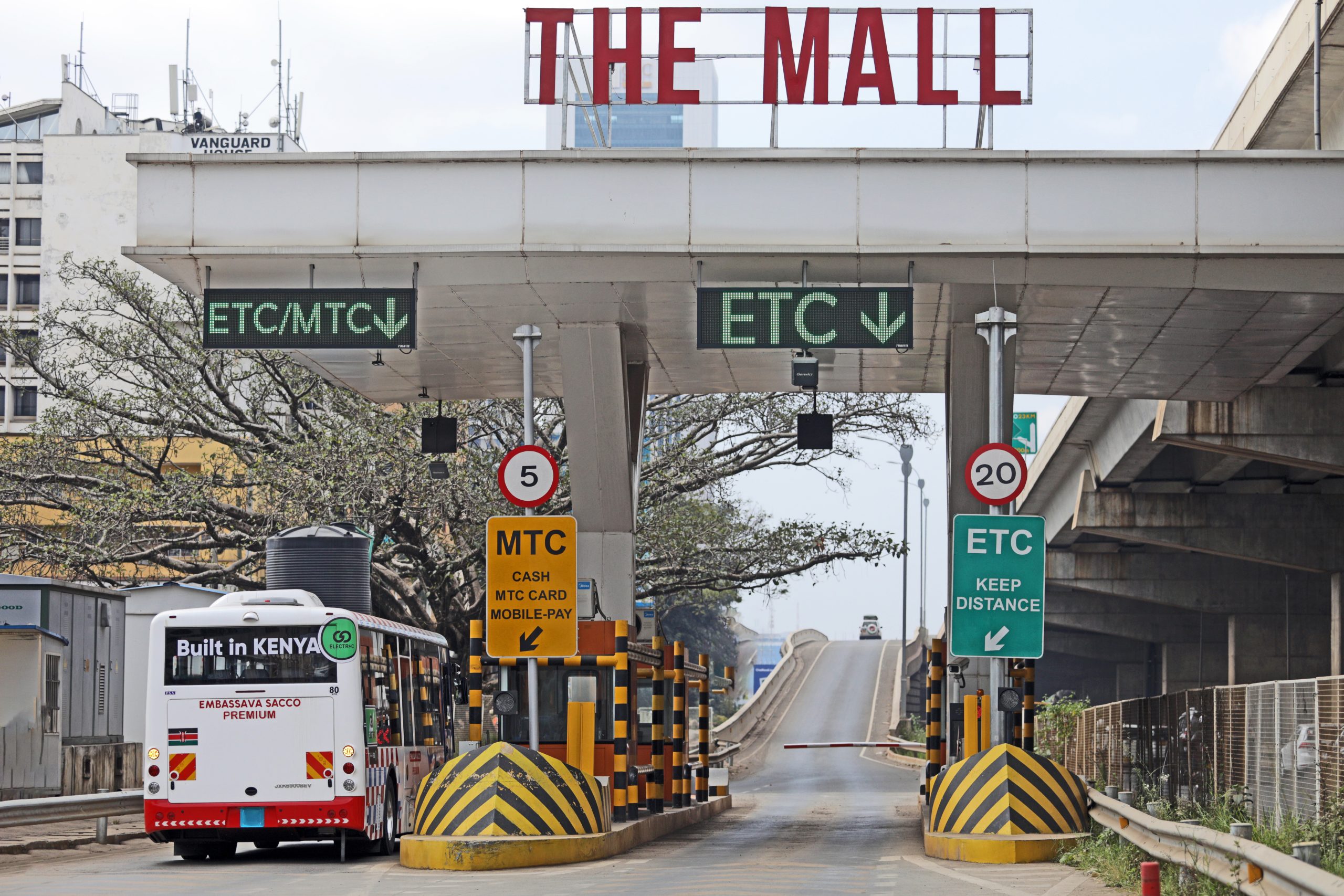Meta, the parent company of Facebook, Instagram, and WhatsApp, will reduce its office space in Lagos after global layoffs in mid-2023 affected its Nigerian team. At least 35 people were affected by those layoffs, three people with knowledge of the matter said. The company’s engineering team, which had 24 employees according to a 2022 report, was laid off.
“Engineers continue to serve the region from a number of our global engineering hubs outside of Nigeria,” a company spokesperson told TechCabal via email, declining to specify how many Nigerian employees were affected by 2023 layoffs that reduced global headcount by 20,000.
The reduction in team size has prompted the social media giant to begin renegotiating its tenancy agreement for its office space in the 15-story Kings Tower building in Ikoyi, Lagos. A key part of that renegotiation will be to reduce its office space. Per one publication, Kings Tower has an asking price of $800/sqm/per annum.
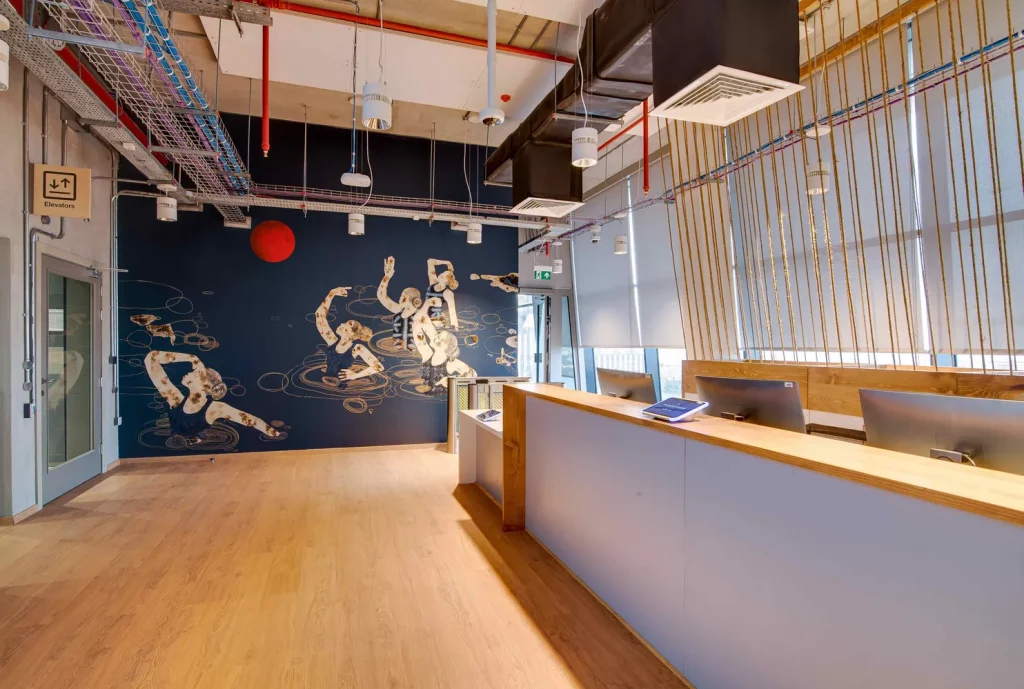
“We regularly review our office spaces to ensure they suit the needs of the business, and the office in Nigeria is no different,” Meta said in a statement.
“As we shrink our real estate footprint, we’re transitioning to desk sharing for people who already spend most of their time outside the office.”
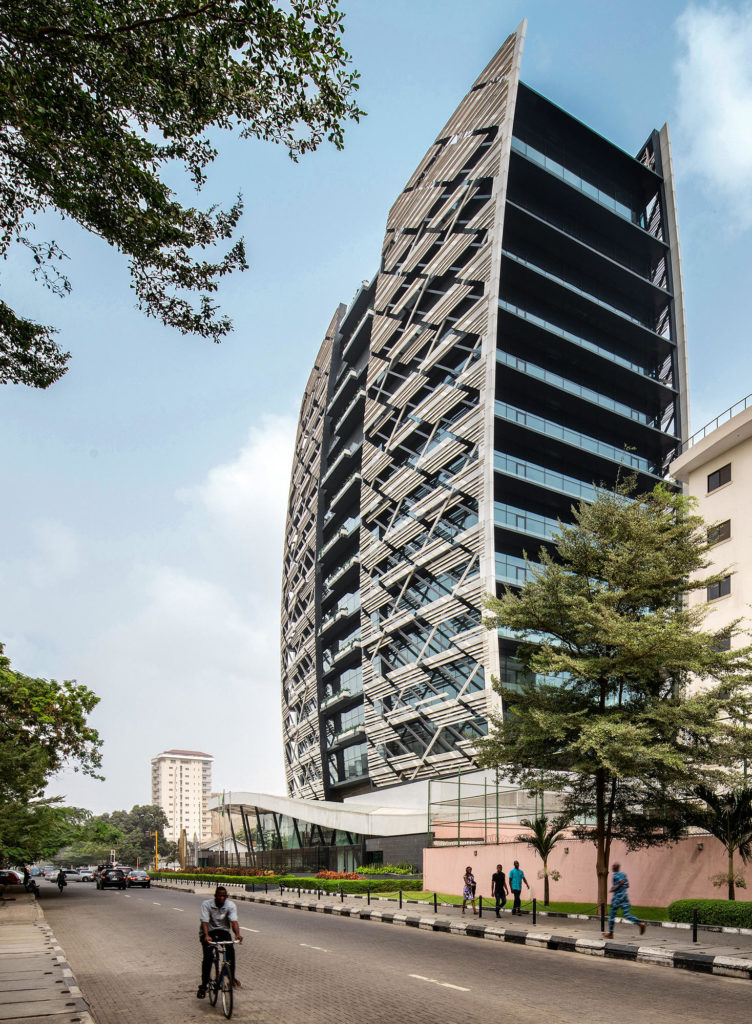
While Meta rejects any characterisation of the decision as scaling back, it is a remarkable about-face for a company that has consistently invested in Nigeria and has spoken about prioritising the West African nation.
In March 2024, Nick Clegg, Meta’s President of Global Affairs visited Nigeria and announced the company would begin offering monetisation to creators in Q3 2024. During his visit, he spoke about the recognition Nigerian creators have garnered globally and their use of Meta’s platforms to build communities. Per Statista data, there are an estimated 43 million Facebook users in Nigeria.
Yet, it is difficult to measure if these numbers have translated into meaningful revenue growth. The company reports Africa revenue as part of its “Rest of World” cohort.
Meta is not the only big tech company to make operational changes in Nigeria. Microsoft closed the African Development Centre and cut at least 100 engineering jobs in May 2024. While the company insists it remains operational in Nigeria, it picked Kenya for a multi-billion dollar investment in data centers.









